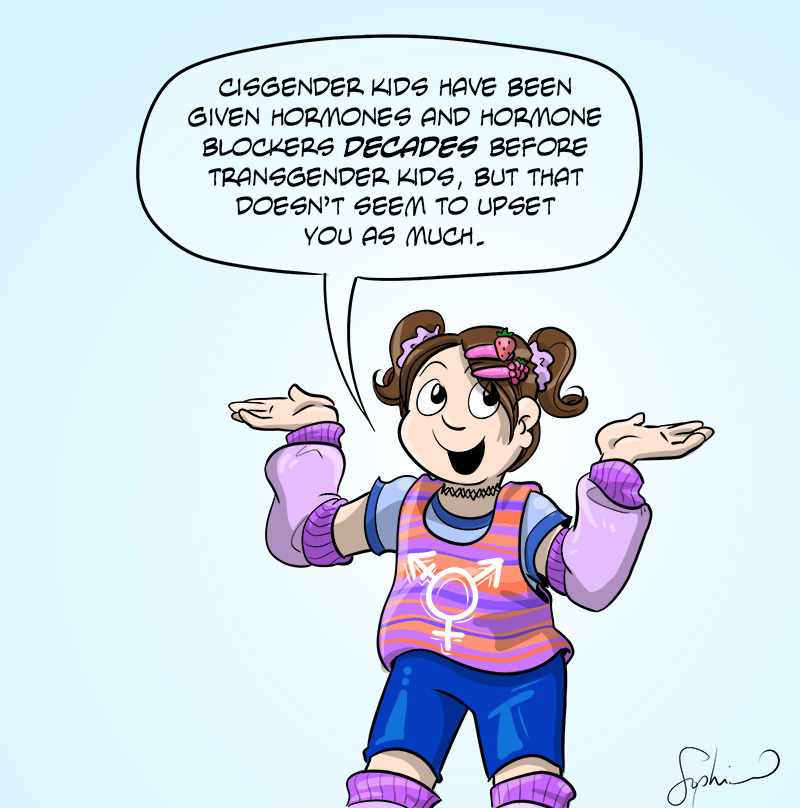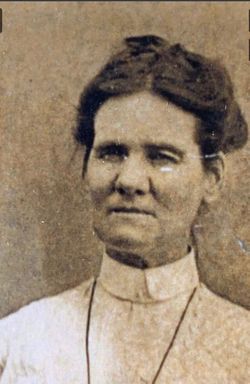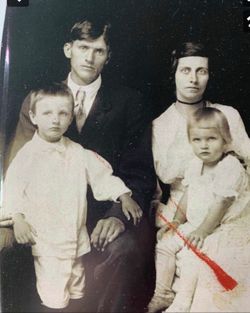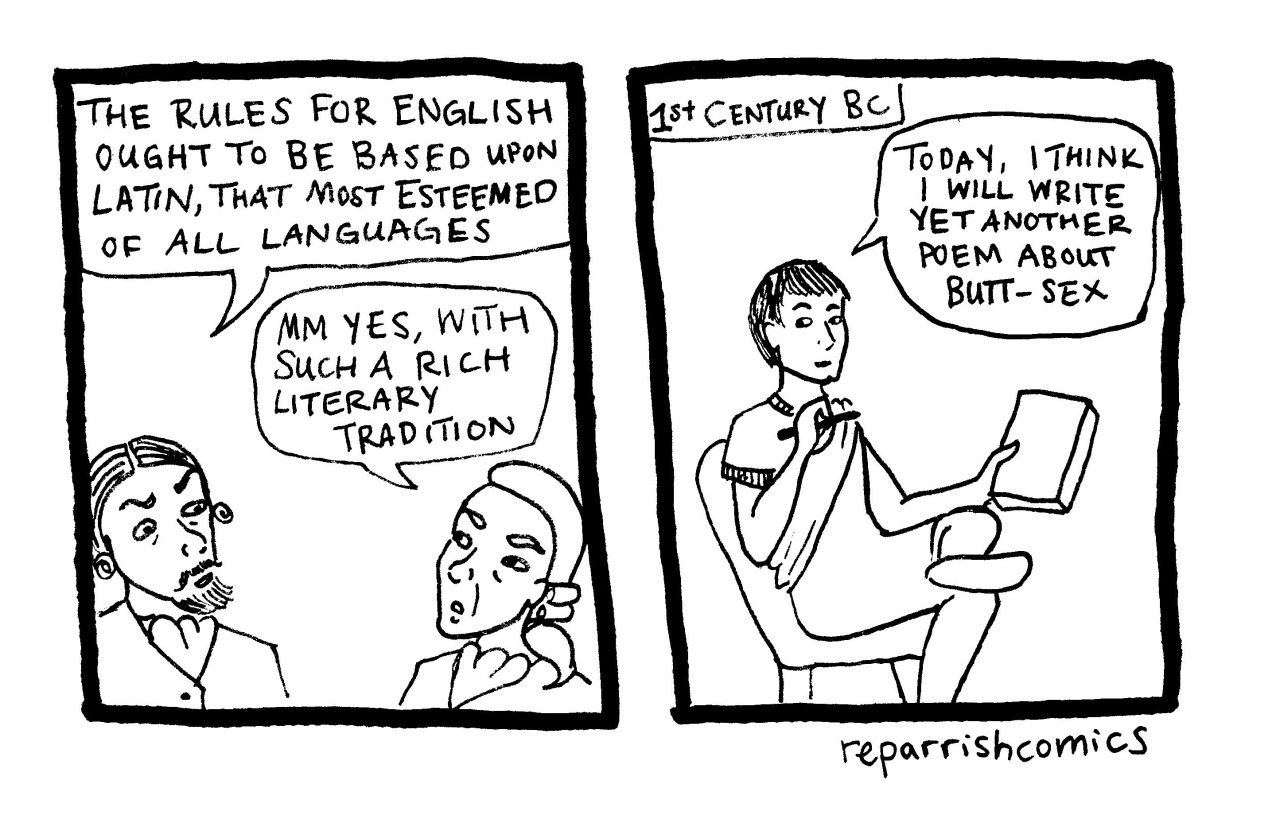Jo Walton, Or What You Will
I love Jo Walton and will read anything she writes. If you haven't yet read her Thessaly trilogy (starts with
The Just City) you should do that now.
If you have never read Walton before, Or What You Will is not the book to start with. It's complicated and meta and very much relies on you knowing her body of work, as well as two Shakespeare plays, nearly by heart.
That said, I love this book. The structure is the sort I like best, intricate and moving back and forth through time, alternating points of view and (in this book) levels of narrative. The writing is compulsively readable, as always. And the setting is Florence. (I immediately re-read A Room with a View after reading this book, just to get more Florence.)
I'm going to need to re-read this one a few times before I can say I know exactly what it is about. It's worth it, though. In fact, you should go read all of Walton just so you can read this book.
Jo Graham, The Black Ships
I read this one because
Jo Walton recommended it in her monthly column,
Jo Walton's Reading List. It's very much the sort of book I like -- a survivor of the sack of Troy ends up on a ship with Aeneas's best friend, and they make their way to Rome. Lots of historical detail, extremely readable.
If you like Mary Renault, you'll like this. I can see the influence of Renault on every page in this. It's also LGBTQ friendly, in the Renault sort of way. (By which I mean there's a trans character, and lots of bisexual characters, and no one bats an eye, because that's just the norm in that society.)
Joe Ide, Wrecked, Hi Five
I swear I wasn't picking books by sorting for people named Jo/e.
These two are sequels to
two books I read some time ago,
IQ and
Righteous. They concern the further adventures of Isaiah Quintabe (IQ) and his Watson, Dodson, as they struggle to survive and solve mysteries in South LA.
On one level they're mystery novels; on another, they're an examination of a specific place and time. These last two also deal with white nationalism, the hyper-wealthy, and the brutalization of black and poor citizens by our militarized police force, so they're interesting for that reason as well.
Definitely start with IQ, though, or you won't know what's going on. They aren't stand-alone novels, I mean.
Aldous Huxley, Brave New World
I had read this in high school, and possibly re-read it in college. I remember not liking it much, despite the interesting details about the Brave New World. (I'm a sucker for world building.) I re-read it because t
here's an adaption coming soon, and I wanted to see if the novel was as bad as I remembered.
It's not (quite) as bad as I remembered. But it's not very good. This is very much an early 20th Century science fiction novel -- ideas over character, over plot, over style. It starts with a huge info dump: one character walks a bunch of other characters through a factory that produces citizens. They're created in test tubes and gestated in artificial wombs, during which they are "conditioned," which is to say some are deprived of oxygen at key stages and others inundated with various chemicals, all to create castes of human workers: Betas, Deltas, Gammas, and "semi-moron" Epsilons. Every embryo is "budded," to make eight to 96 identical "twins," since it's a conceit of this society that when everyone around you is exactly like you, the world runs more smoothly.
Then during childhood, these "twins" are conditioned through sleep-study -- that is, they have their morals and ethics implanted in them through repetition of key slogans (like ads) that they hear every night in their sleep.
Also everyone takes Soma, which is a drug that induces euphoria and also sleep.
However, there are also the alphas, who are not twinned, and who go to Eton instead of getting sleep-conditioned. They run the world, though they also adhere to the ethics of their lower caste siblings.
All this is perfectly okay, and even interesting, despite how ludicrous the science looks now. The problem arises when Huxley had to create a story for this world he's built. Ugh.
The characters are all flat -- which might make sense in the Hatchery world, where no one is really an individual, and everyone spends half of their time stoned or having (stoned) sex. But we see the same flatness when two of the characters go to visit the "savages" in America. (These are people living without technology, for reasons that aren't made clear, and without Hatcheries.) Here, the main character, Bernard, meets John, a Noble Savage. He brings him back to the Hatchery world and we get the fish-out-of-water plot for awhile.
Everyone is kind of stupid, though, including the Alphas, and including John (he's more priggish than noble), which makes it easy for Huxley to impose his plot on them, but also makes for a boring narrative.
This is more of an essay than a novel, in other words. There's some good stuff about capitalism and its need to make everyone into a consumer, and as I said the world-building is fun. But there's also more than a little racism, and some really unbelievable nonsense. The Noble Savage, for instance, has been made Noble because he finds a copy of Shakespeare's Collected Works which somehow -- even though he's had literally no education at all -- he's able to read and understand.
Also everyone is unrelentingly heterosexual and cisgendered, which, come on. This was written in 1931. That's the same era in which Isherwood and Auden were writing their best works. Maybe we could believe everyone is (conditioned to act) cis and straight in the Hatchery world, but we also see only straight people among the "savages" as well.
The real flaw, though, is that we don't care about any of the characters, because they're not actually characters, so the narrative has almost no impact on us.
Worth read for the world Huxley shows us, I guess, but don't expect a novel.



















